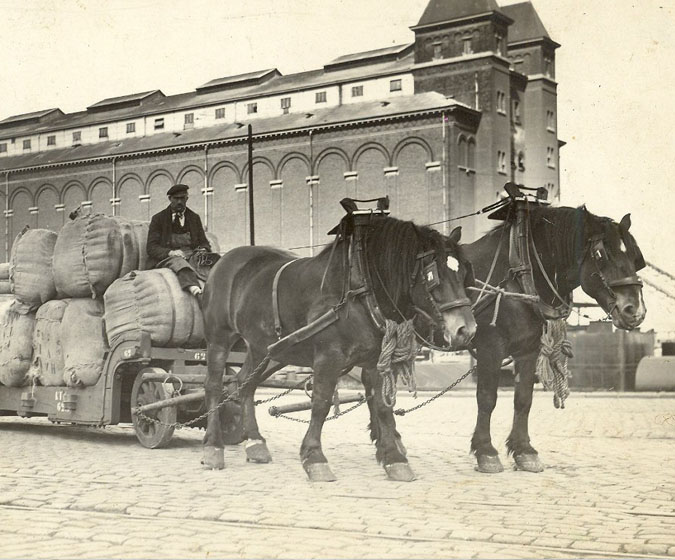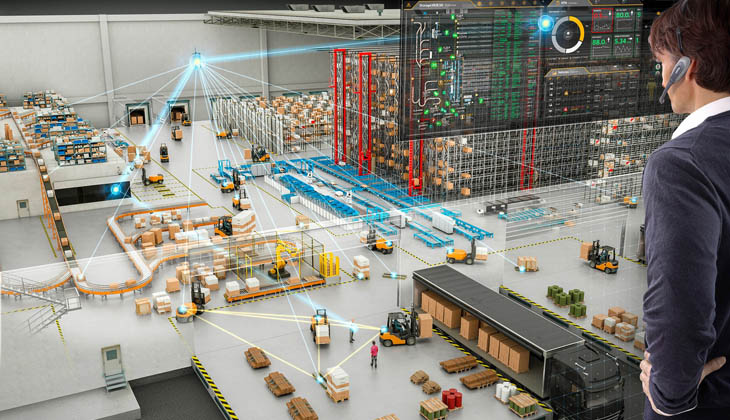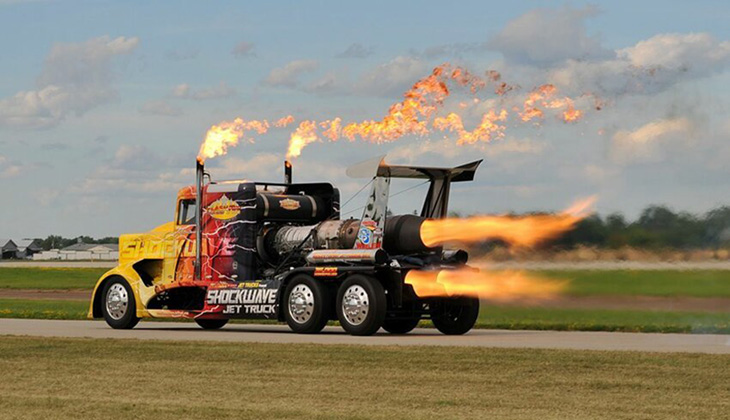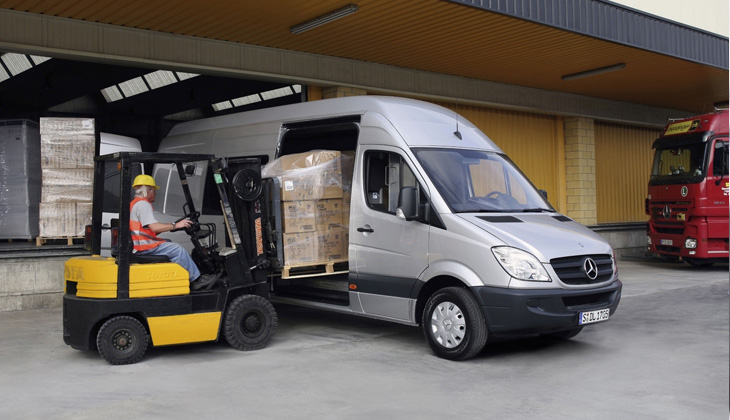Finding a good logistician for distributors, FMCG companies, and manufacturers who deliver their products themselves is an important task that is solved by a long search, and sometimes by luck. But if 10-15 years ago one of the main skills of such a specialist was a good knowledge of the city, now it is not enough. The development of trade, technology, management and many other factors have led to the fact that the logistician is no longer simple, but has become an operational manager, who makes daily decisions, including in departments adjacent to its ruler. This is proved by the practice of our customers. So what should a modern logistician be able to do?
First. Working with a PC is no longer a skill that is to be listed on your CV, but a default responsibility, since the logistician must work with ERP-systems, WMS and certainly TMS. This is very critical, as the good old manual distribution of orders to drivers is a thing of the past. More and more companies automate their logistics processes by implementing routing programs that need to be integrated with various accounting systems.
Second. Last mile delivery differs from intercity and international shipments by a huge number of requirements and peculiarities. A real expert must know them.
Third. Distribution varies. The standards for delivering snacks are different from the requirements for delivering drugs. Logistician in a pharmaceutical company is required to know the GDP (good distribution practice), under which the storage and logistics of medicines must comply with the established temperature ranges, pharmaceutical companies use loggers to measure. The flow of information about the temperature regime of storage and delivery must be continuous, because if it is disrupted at any stage, selling medications to people becomes dangerous. Large distributors use refrigerated trucks for transportation, smaller companies buy boxes that maintain the required temperature for medicines and dietary supplements for a certain period of time, but because it is limited, their are delivered first. If a logistician who is aware of these features comes into a newly opened company and sets up the whole process, it makes its value even greater.
Fourth. It's good to know what different customers' delivery requirements are. For example, large retail chains have unloading areas in their warehouses that have a certain height. A van, for example, does not fit. The distributor purchased these vehicles for delivery will have to "lift" the vehicles, which is an additional cost.
Fifth. Having to deal with force majeure situations. Here's the real story of one of our customers, a grocery distributor. One day he had 4 of 6 vehicles out of order, the hired drivers did not want to split the orders for the proposed fee, there were 45 sales outlets for each of them that day. They had to manage with the resources available: two trucks had to serve orders to 135 addresses. The logistician contacted the company's call center and instructed them not to accept new requests.
Another customer, a bottled water producer, had a sudden power outage during the night, and the entire bottling process, of course, came to a halt. The power was not available until the morning, so the delivery was delayed by 3 hours. The logistician selected priority orders on each route and sent drivers to serve them first.
We can, of course, continue this list, but decided to name the main skills, in our opinion, which the modern logistician must have.






